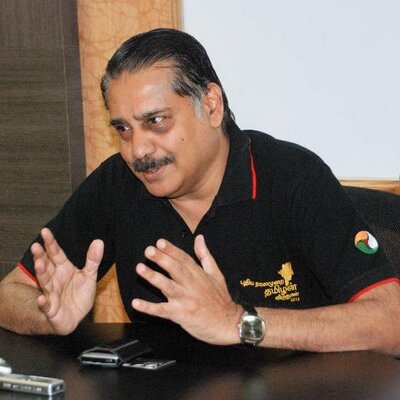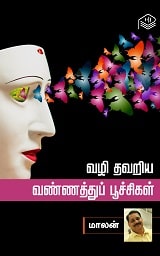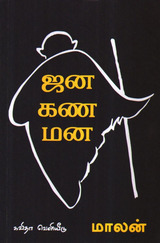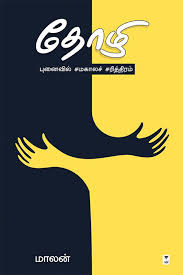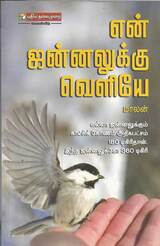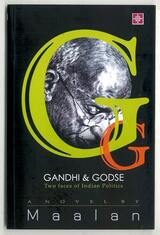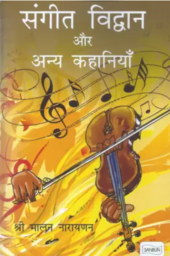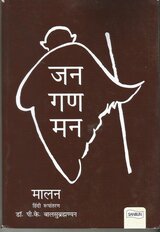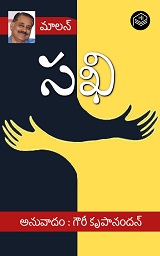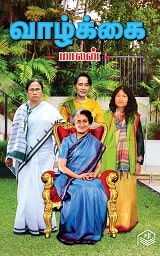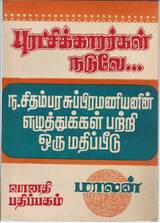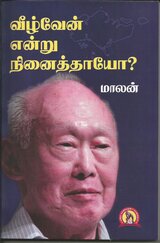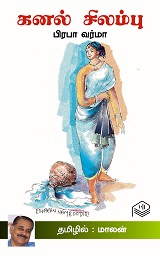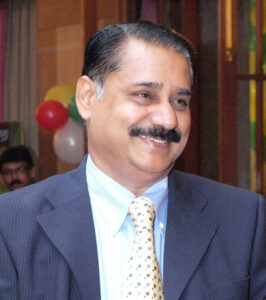Hardly many Indians know that we are among the truly privileged lot endowed with the freedom to write or say what we please (subject to laws of libel and reasonable restrictions) which is indeed a rare one even in the liberal world. Even today, the citizens of the world’s most populous nations have no right to freedom of speech and expression.
Rarely, many Indians appreciate that India is going through a process of profound social transformation. It is moving from one epoch to another. In such transformation, many ideas, empirical perceptions and attitudes ingrained in people’s thinking are questioned, mind-sets are challenged and paradigms are put to test.
This transformation is becoming more exciting by the technological changes that have reached our shores. The proliferation of mobile telephony, high-speed fiber-optic network that is being laid out, complemented by satellite; consolidation of the intranet; public-private partnerships in telecom industry, all make it possible for us to leapfrog many stages. Now we can speak to one another not past each other; today we can become active participants in the process of change not passive recipients of delivery.
Take for instance, the 73rd and 74th Constitutional Amendments. They have given a new thrust to women seeking an active role in public life. Today, in India, there are enormous opportunities for women to play an active role in transforming politics and the democratic process.
Increasing the political representation of women is a proposition for increasing equity and efficiency in our system. Equity, because women and men have different political agendas, and increased representation would ensure a better representation of women’s needs; Efficiency, because the political agendas of women would lead to investment in child health and education, which have positive long term consequences on growth. Alleviating depri¬vation and inequality in the political realm can thus have far reaching consequences, not only for women, but for everyone (a point made most forcefully by Amartya Sen in Development as Freedom).
I would humbly remind my media colleagues that we are in the midst of a titanic battle between old and new ideas in the context of a society in rebirth. Thus the most important requirement in our profession today is to broaden the intellectual horizons to appreciate this dynamic environment.
In India, unlike in any other developing country, the media enjoys an enviable position. In India, which is still home to the largest number of illiterate poor and malnourished people on earth, the breathtaking proliferation of mass media is evident. The facts speak for themselves: over 49000 newspapers of all kinds, over 13 crore combined circulation of ne~spapers put together, 12 crore radio sets with 20% of the population listening regularly, 6S million television sets with half the population of India regularly watching a variety of channels, over 3S million households with cable television connections, over S million personal computers and internet subscribers. The list is quite impressive. The last decade has seen a remarkable expansion of media and communication networks and coverage. With literacy levels having increased rapidly over the past decade and more and more people having larger disposable incomes, the media’s reach and influence bound to grow over the next decade.
Has this expansion and power of the media translated into greater public good? Are there signs of growing public¬spiritedness, or is there more decay and crass consumerism at the cost of the public good? Is the potent instrument of social change increasingly becoming a private tool for profit or perverse pleasure?
Troubling questions, indeed.
It may always be argued that not just the media, but all the organs of state have fallen far short of hopes and expectations over the years. Legislatures have become battlefields, the executive has become a modern-day monarch, and the judiciary is entrenched in lethargy. It may be pointed out that while journalism is a distinct profession, the actors in it are not homogeneous. Journalists are first and foremost social beings and are not insulated from the rot all around.
Whatever be the answers, consolations and justifications, the media does face the danger of being thoroughly irrelevant: it is read, listened to and watched; but not believed by the majority.
What is the way out? How can the media regain its credibility? There are no simple answers. Perhaps, if the media starts offering sensible and practical solutions to our dilemmas, instead ‘of just
lamenting on the deterioration, it may help restore its credibility. The media needs to focus more on solutions, rather than on mere descriptions of what is wrong. If overdone, the skepticism reduces us to being masochists. A positive outlook may build a positive environment and thus may bring positive results. The media owes it to the country and themselves to promote a sense of optimism by focusing on a clear destination and showing a direction.
Media may start this exercise at the grass root: the Gram Panchayats. The 73rd amendment provided that one third of the seats in all Panchayat councils for members and Presidents must be reserved for women. Many Indian women have grown up in a traditional family environment, with few advantages for her. They grow with limitations placed on most Indian girl children. Even in families which value education very high, girl children are subjected to a different treatment. In this backdrop, media may help these first generation women leaders to find their feet. A word of encouragement, a bit of public recognition, may give them confidence than a dose of harsh criticism. Media can lead them through the labyrinth of laws, rules, norms, proce¬dures, precedents and intricacies of our system so that they can survive and deliver. It can inculcate in them better democratic values and a liberal outlook. After all, the antidote to the ills our democracy is not authoritarianism, but better democracy. The media may help itself by helping these women leaders.
Hand in hand, our new generation leaders and a rejuvenated media can enhance the level of prosperity and human dignity in our country. As a member of the Indian journalist fraternity, I can proudly say that the Indian media has done a lot to sustain the human spirit in the face of the monumental problems our society has faced over the decades. There is every reason to hope, and believe that our media will play an even more glorious role in nurturing democracy at its grass roots, fulfilling our potential as a nation, and promoting human happiness.
The Hunger Project Journal

